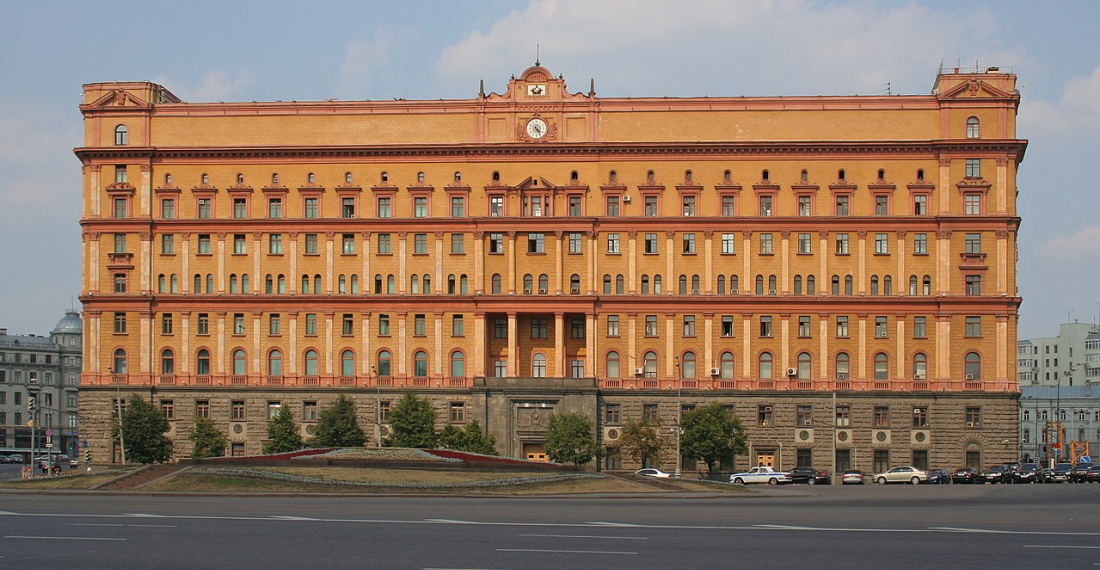The crisis in the South Caucasus took another strange twist on Wednesday (18 November), after the Head of the Russian Foreign Intelligence Service (FSB) accused the United States and Europe of inciting ethnic conflict between Armenians and Azerbaijanis. Sergei Naryshkin's intervention from FSB headquarters in Lubyanka comes after the FSB was given a role by Russian president Vladimir Putin in the new "humanitarian centre" that he created in support of its new military force in the Nagorno-Karabakh conflict zone.
Russia's TASS news agency quoted Naryshkin as saying
"According to the information we have, some Western countries are inciting Armenian and Azerbaijani nationalists to discredit and disrupt the ceasefire agreements. They are trying to convince Armenians that the peace in Nagorno-Karabakh is a defeat for Yerevan. They are injecting ideas about the need for a ‘war to the victorious end.' On the other hand, Azerbaijanis are told that the Kremlin ‘stole their victory' when the Azerbaijani army was a step away from capturing Stepanakert.
Leading NATO countries are trying to hide their irritation at the agreement on the Nagorno-Karabakh ceasefire between Azerbaijan and Armenia reached with Russia's active participation. The United States and its allies are vexed that the war was stopped through Moscow's mediation. The thing is that it essentially reduced their longstanding work to push Russia out of Transcaucasia to zero.
Neither Washington nor the ‘United Europe' want to come to terms with the existing balance of power in the region. They couldn't come up with anything better than trying to rekindle animosity between the nations of Azerbaijan and Armenia to dismantle it. These actions serve as yet more proof that the US and its European friends again pursue their goals at the expense of the interests of ordinary people, in this case, Azerbaijanis and Armenians. Americans and Europeans are not worried that their provocations can lead to new bloodshed and plunge the region into a severe military conflict."
Commonspace.eu political editor said in a comment that this latest twist in developments around Nagorno-Karabakh is very telling of where Russia is going with its actions.
For a long time it has been obvious that Russia's objectives in its involvement in the Nagorno-Karabakh conflict were far from benign. First it flooded the region with billions of dollars worth of military equipment, arming the two sides to the teeth; it then sidelined the other mediators in the conflict; then out of a hat it produced a peace formula, that included the deployment of a large Russian military force. But perhaps it was the establishment of the "inter-agency humanitarian response centre", with the FSB playing an important role in it, announced by president Putin on 13 November, that somehow gave the game up. Such a centre was not mentioned in the 10 November agreement, and was a unilateral Russian action. With the FSB involved we know what to expect."






